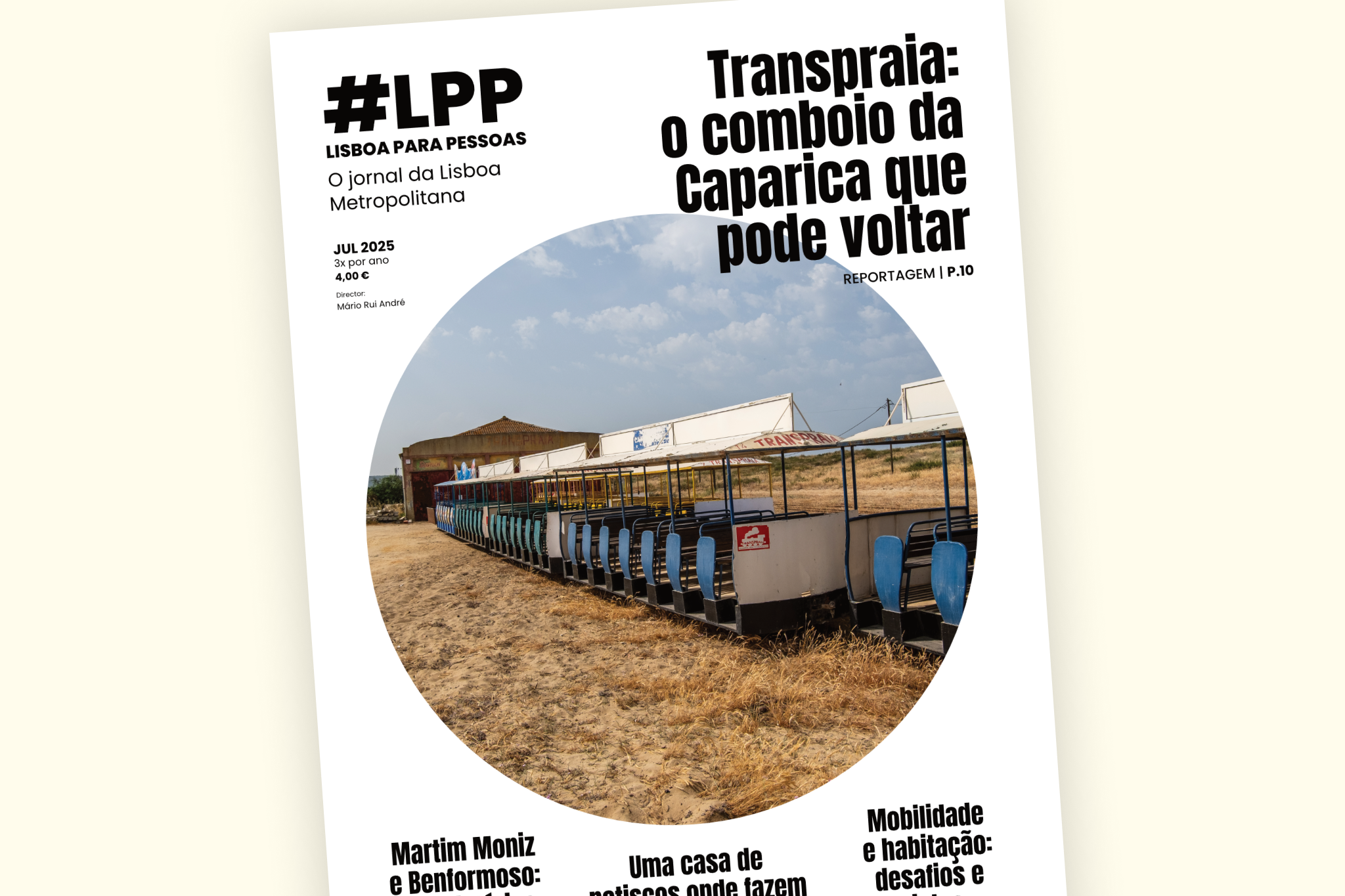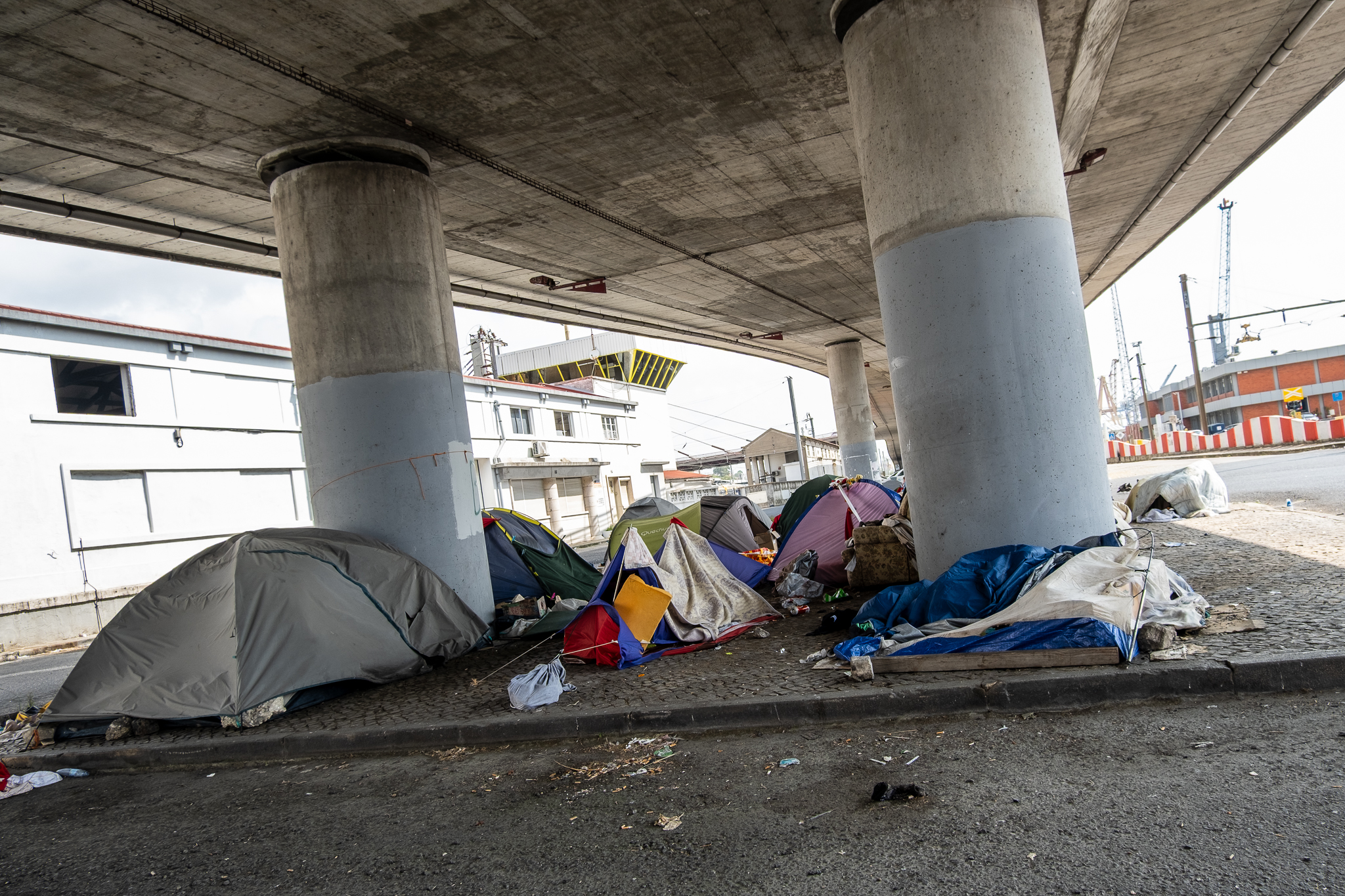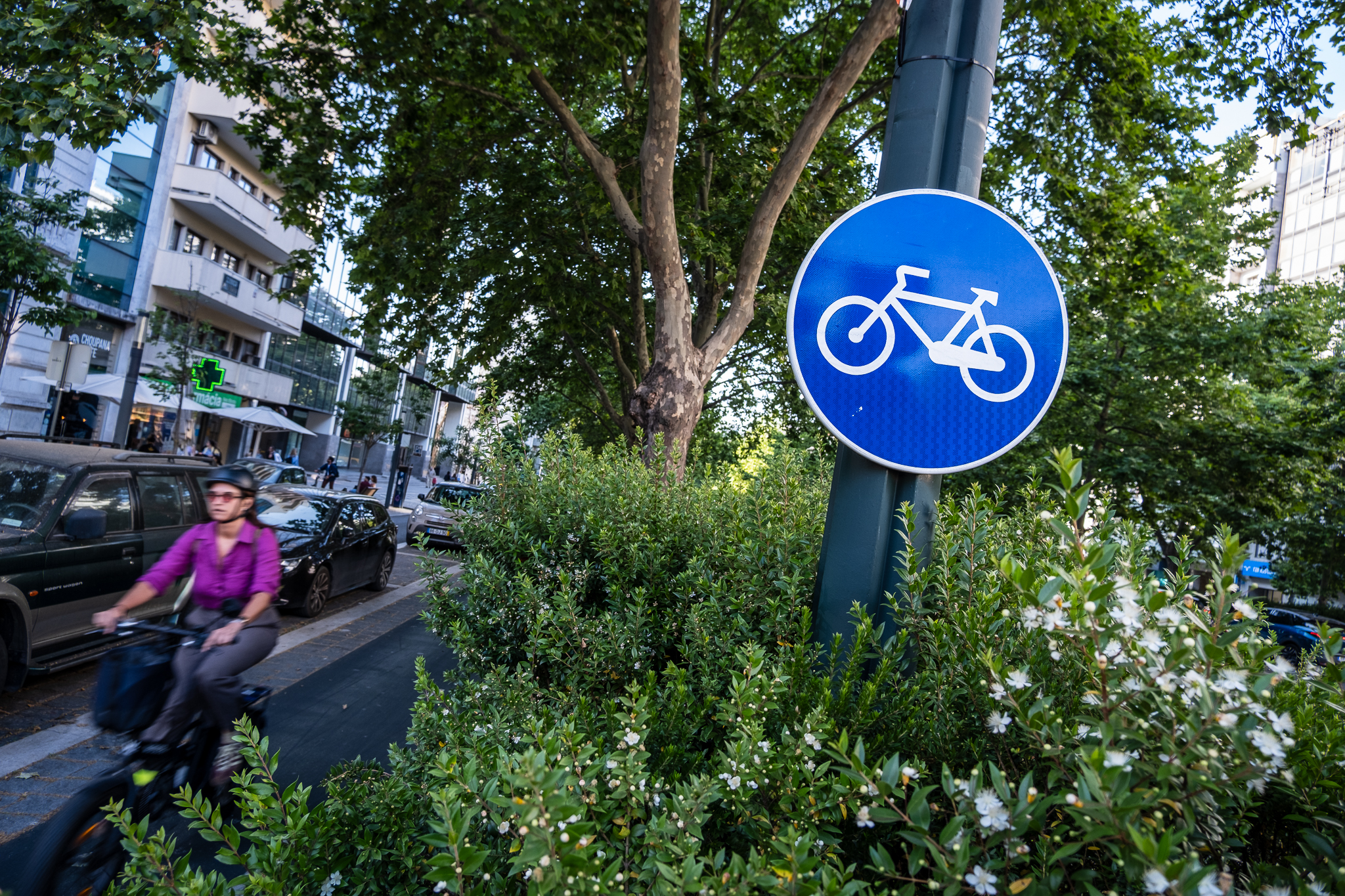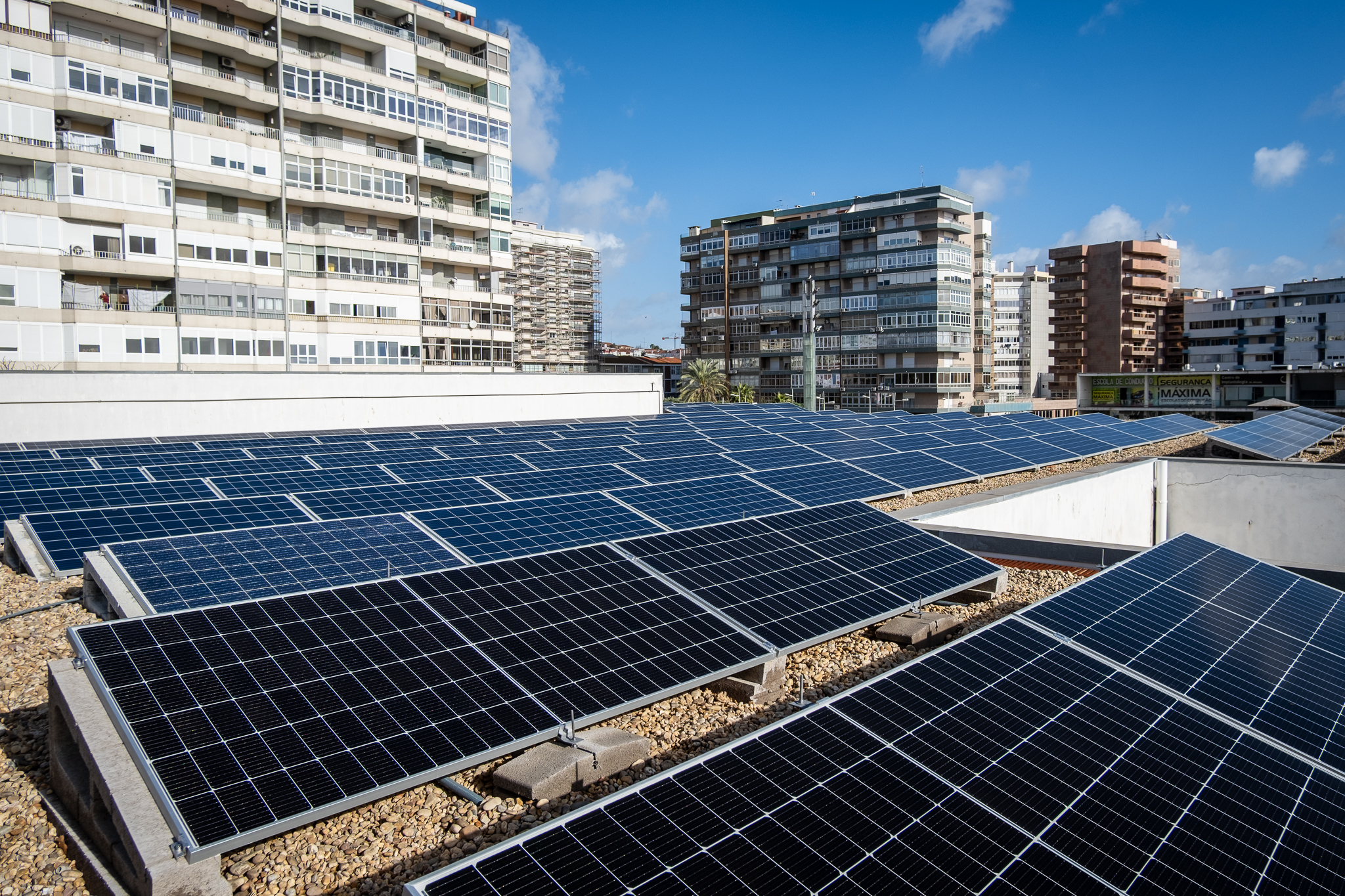Short and to the point: they are being replaced by new ones.

The answer is very simple: are being replaced by new shelters. Under the new advertising concession contract signed between Lisbon City Council and JCDecauxThe city of Lisbon will have new shelters at bus stops. The replacement began in August in Entrecampos and is gradually being extended to more parts of the city. In all, 2000 new shelters and remove the current 1,760 units, which will mean an additional 240 shelters.
The new shelters are more modern and will enable standardize the design of the city's bus stops. Some of the new equipment will also meet the new needs of citizens, namely through extra features such as USB sockets, a free Wi-Fi hotspot within a minimum radius of 50 meters around the shelters and a real-time information system, which will be available in part of these new shelters.
The debut of the new model took place in Entrecampos, next to the Lisbon City Council building. The shelter installed here is simple and doesn't have the extra features mentioned above, which will be reserved for Lisbon's main bus stops.



On the other hand, according to JCDecaux, the new passenger shelters are in line with the company's sustainability philosophy; "a clear commitment has been made to low consumption and energy autonomy, as well as the use of environmentally friendly products, from the design and manufacturing process to maintenance itself"by optimizing the use of raw materials in the production process and reducing waste.
However, the replacement of bus stop shelters has caused inconvenience to bus passengersAs LPP has witnessed in several places, people have found the sidewalks bumpy or even sealed off. Without the shade of the shelters and on the hottest days, people seek refuge in the shade of buildings and trees, sometimes far from the bus stops, forcing them to run for their lives.
The city of Lisbon, like others, instead of investing in bus stop shelters themselves, concessions this service to private advertising companies, such as JCDecaux. The new advertising concession contract has a term of 15 years and will also mean the installation of new mupis and billboards (900 in total, 250 of which will be digital and 125 of which will be large format) - some of which are already on the streets - and also the renovation and doubling of the automatic public toilets (there will be 75 toilets, some of which will be adapted for people with reduced mobility). Learn more here.







